IELTS Reading Practice for High Scores: Effective Study Strategies from A-Z
IELTS Reading is an important part of the IELTS exam, requiring reading comprehension and accurate information grasping skills. To achieve a high score in this section, you need the right study strategy and a clear understanding of the test structure. In this article, we will share effective methods to help you improve your IELTS Reading skills, from smart skimming techniques to capturing key keywords. Don’t miss out on these incredibly useful tips!
1. What is IELTS Reading?
IELTS Reading is a section in the IELTS exam designed to assess the candidate’s ability to understand and process information in English. This section typically lasts 60 minutes, consisting of 3 passages with increasing difficulty. Each passage comes with questions that test the candidate’s ability to grasp main ideas, analyze details, and make inferences. To excel in the IELTS Reading section with a high score, you not only need strong language skills but also the ability to work quickly and accurately.
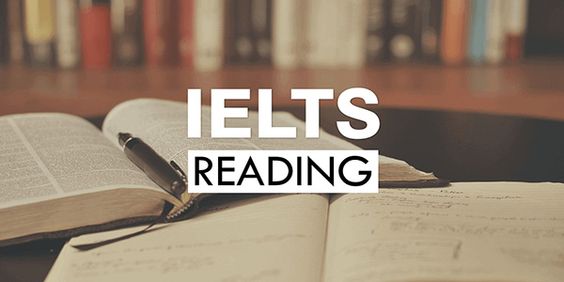
Structure of the IELTS Reading Test
In the IELTS Reading test, there are a total of 40 questions, which typically fall into the following main types:
- True/False/Not Given: The candidate must determine whether the information in the passage is true, false, or not mentioned.
- Multiple Choice: Candidates must choose the best answer from the given options.
- Matching Information: This type requires candidates to match information from the passage with the given statements or ideas.
- Summary Completion: Fill in the missing words in the summary of the passage.
- Short-answer Questions: Candidates answer questions based on the information in the reading passage.
The passages in the IELTS Reading test are usually sourced from newspapers, magazines, academic books, or other reading materials, covering topics ranging from science and culture to society. Therefore, practicing with a variety of materials is essential.
2. Why is IELTS Reading important?
IELTS Reading là thước đo để đánh giá khả năng đọc hiểu của bạn trong môi trường học thuật và thực tiễn. Đây không chỉ là yếu tố quan trọng trong việc học tập mà còn đóng vai trò quan trọng khi bạn làm việc trong môi trường quốc tế. Đạt điểm cao trong phần thi này sẽ giúp bạn tự tin hơn khi giao tiếp, nghiên cứu và xử lý tài liệu tiếng Anh sau này.
Điểm mạnh của phần thi IELTS Reading là gì?
- Đánh giá chính xác khả năng đọc hiểu: Phần thi này yêu cầu bạn không chỉ nắm bắt ý chính mà còn hiểu rõ các chi tiết và ngụ ý trong văn bản.
- Đa dạng nội dung: Nội dung của các đoạn văn rất phong phú, giúp bạn mở rộng kiến thức từ nhiều lĩnh vực khác nhau.
- Phát triển kỹ năng phân tích: Đọc hiểu không chỉ dừng lại ở việc hiểu nghĩa đen của câu từ mà còn là việc phân tích, suy luận để đưa ra câu trả lời đúng.
3. Effective tips for IELTS Reading preparation
Read a variety of materials
One of the best ways to improve your IELTS Reading skills is to read extensively from different sources such as books, newspapers, magazines, and even specialized articles. This will familiarize you with the types of vocabulary and grammatical structures commonly found in the exam. Start with easier materials and gradually increase the difficulty to get accustomed to various topics and writing styles.

Using Skimming and Scanning Techniques
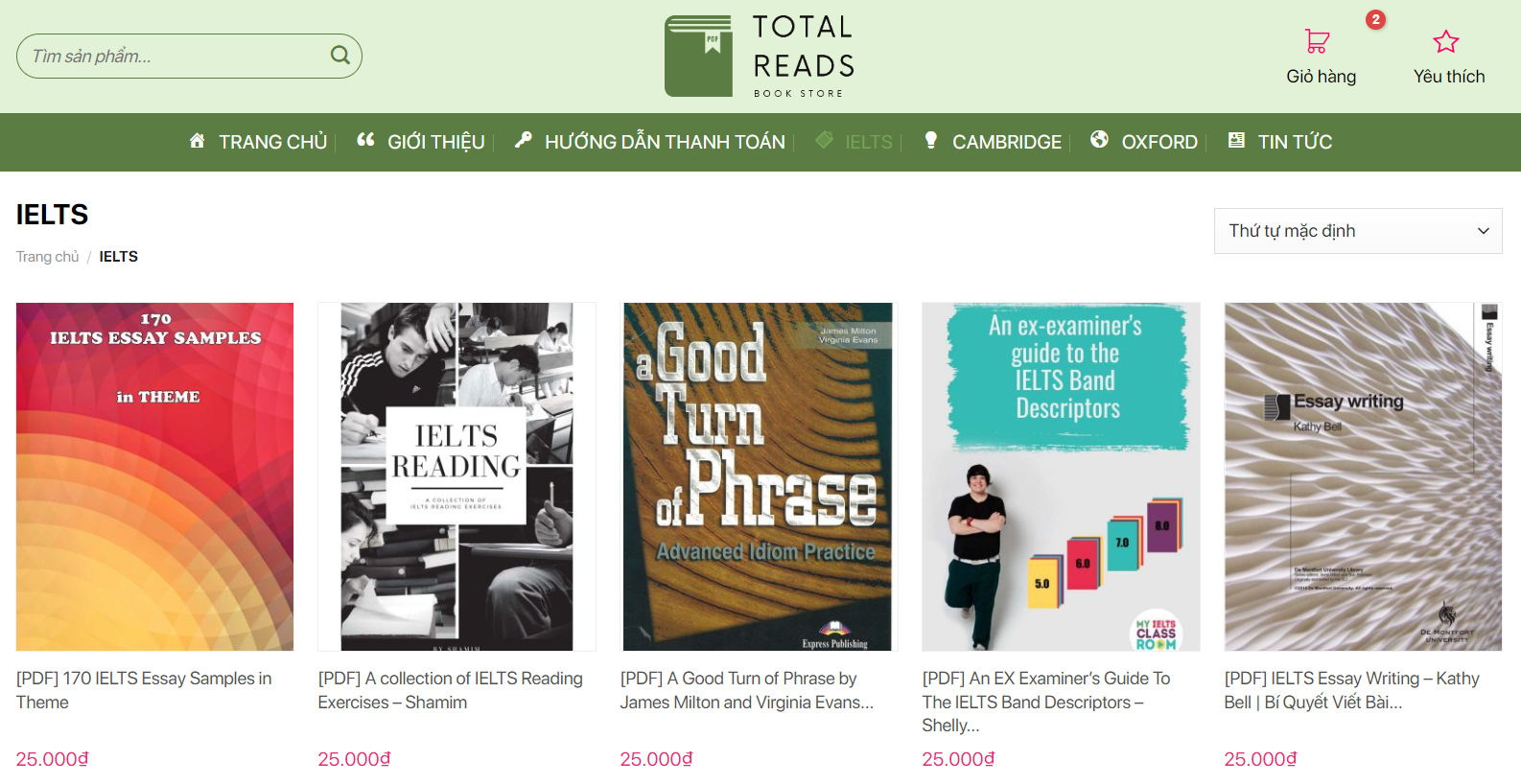
Building Vocabulary
Vocabulary is the most important factor in IELTS Reading. To answer questions correctly, you need to master key words and understand their meanings in different contexts. A useful tip is to learn vocabulary by topic and regularly practice using exercises or vocabulary apps like Quizlet.
Don’t overlook the True/False/Not Given section
This type of question causes a lot of difficulty for candidates because it’s easy to confuse ‘False’ with ‘Not Given’. However, if you understand the requirements of this question type, getting it right won’t be too hard. Always remember:
- ‘True’ is when the information in the reading passage matches the question completely.
- ‘False’ is when the information in the reading passage contradicts the question.
- ‘Not Given’ is when there is not enough information to determine whether it’s true or false.
4. How to improve reading speed?
One of the biggest challenges for candidates in the IELTS Reading test is time. With 60 minutes and 40 questions, you have about 1 minute and 30 seconds to answer each question. Therefore, improving your reading speed is crucial.

Daily Reading
Reading newspapers, magazines, books, or any English materials daily will help you gradually get accustomed to reading speed. You don’t need to spend too much time; just 15-30 minutes a day is enough to improve your skills.
Speed Reading Practice
There are many techniques to help you practice reading faster, but one of the most common techniques is reading in chunks instead of word by word. When you read in chunks, your eyes move faster, allowing you to capture more information in a shorter time.
Pay Attention to Grammar and Sentence Structure
Grammar and sentence structure can help you predict the meaning of a passage without having to read every word. Pay attention to punctuation, conjunctions, and other key markers in the passage to grasp information quickly.
5. Common Mistakes in IELTS Reading
Although IELTS Reading doesn’t require creativity in answering, there are still many common mistakes that candidates often make. Here are some frequent mistakes and how to fix them:
- Not reading the question carefully: Sometimes, candidates skim through the questions without fully understanding what is required. This leads to choosing incorrect or incomplete answers.
- Spending too much time on one question: When encountering difficult questions, many candidates tend to spend too much time on that one question. This reduces the time available for other questions and affects the overall test result.
- Not reviewing answers: After completing the test, if you have time, review your answers. Sometimes, checking again can help you catch small mistakes that you may have missed the first time.
6. Conclusion
The IELTS Reading test not only requires thorough preparation in language knowledge but also demands time management skills and smart test-taking strategies. By practicing regularly and applying the effective tips we have shared, you will feel more confident and easily conquer this section with the desired score. Remember, patience and continuous effort are the keys to success.
Wishing you effective IELTS Reading practice and the best results! If you have any questions or need additional study materials, don’t hesitate to contact us via the channels below.
Contact Information:
- Email: totalreads.store@gmail.com
- Website: totalreads.store
- Facebook: facebook.com/totalreads.store
- IELTS Online Test: A Convenient Solution to Conquer the IELTS Exam Quickly and Effectively!
- British Council IELTS: Proven Strategies and Effective Study Plan for Your IELTS Success
- Master IELTS with IELTS Fighter – The Ultimate A to Z Guide for Achieving Your Dream Score
- IELTS: The Key to Future Success – A Comprehensive Guide from A to Z to Achieve High Scores
- Boost Your Chances of Acing IELTS with Mini IELTS: The Ultimate Platform for Every Candidate
Bài viết cùng chủ đề:
-
IDP IELTS – Your Key to Success with Optimized Methods for the IELTS Exam
-
Edmicro IELTS – The Comprehensive Solution to Help You Master IELTS Effectively
-
British Council IELTS: Proven Strategies and Effective Study Plan for Your IELTS Success
-
7 Key Tips to Boost Your IELTS Band Score Quickly and Effectively
-
The Most Effective Strategies to Boost Your IELTS Reading Band Score for Every Student
-
10 Effective IELTS Reading Strategies to Achieve High Scores
-
Boost Your Chances of Acing IELTS with Mini IELTS: The Ultimate Platform for Every Candidate
-
IELTS Bro: The Ultimate IELTS Study Plan for Achieving High Scores
-
IELTS Band Score: Everything You Need to Know to Achieve a High Score
-
IELTS Band Score: Tips to Achieve a High Score in the IELTS Exam
-
IELTS Scoring Scale: 9 Tips You Need to Know to Achieve a High Score and Conquer the Test
-
Master IELTS with IELTS Fighter – The Ultimate A to Z Guide for Achieving Your Dream Score
-
IELTS Online Test: A Convenient Solution to Conquer the IELTS Exam Quickly and Effectively!
-
IELTS: The Key to Future Success – A Comprehensive Guide from A to Z to Achieve High Scores
-
7 Effective Tips for Online IELTS Testing – Achieve the Highest Score with an Optimal Study Plan


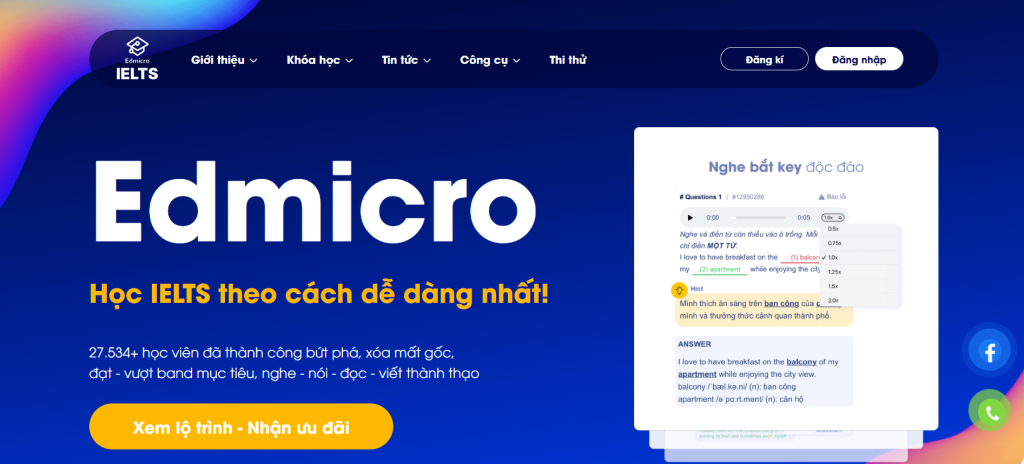
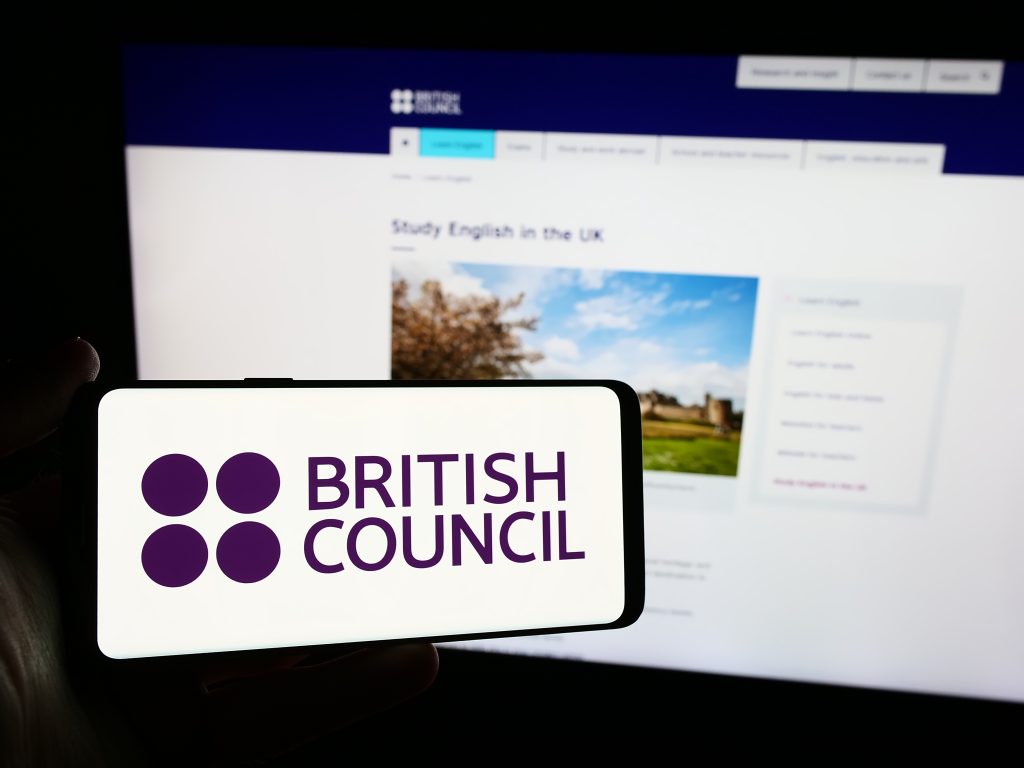


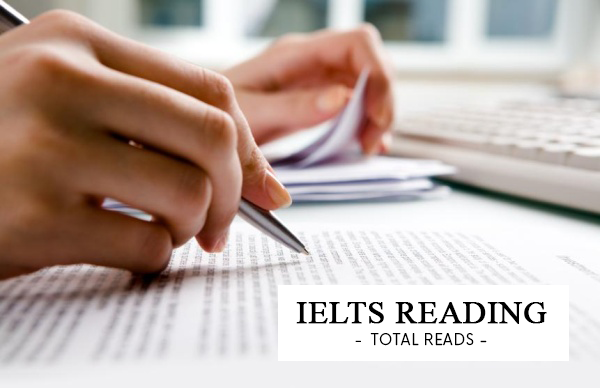
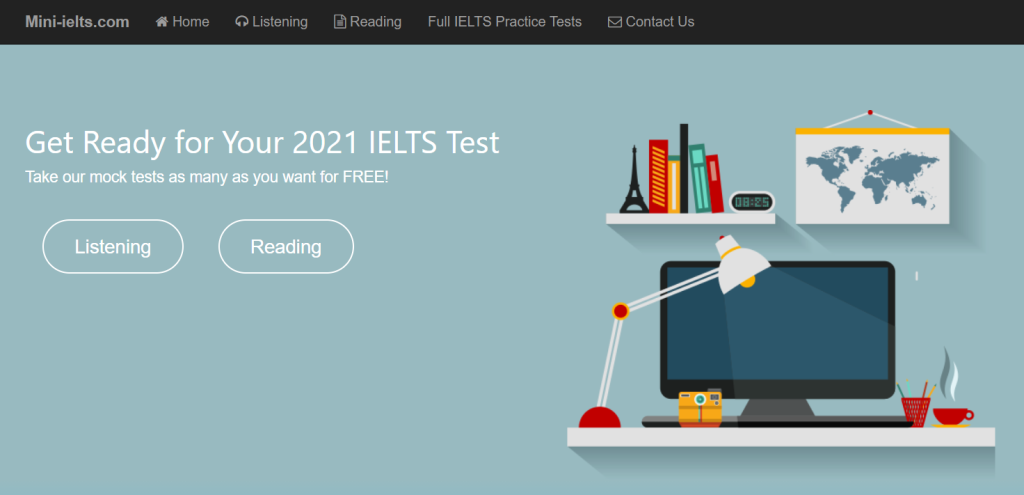
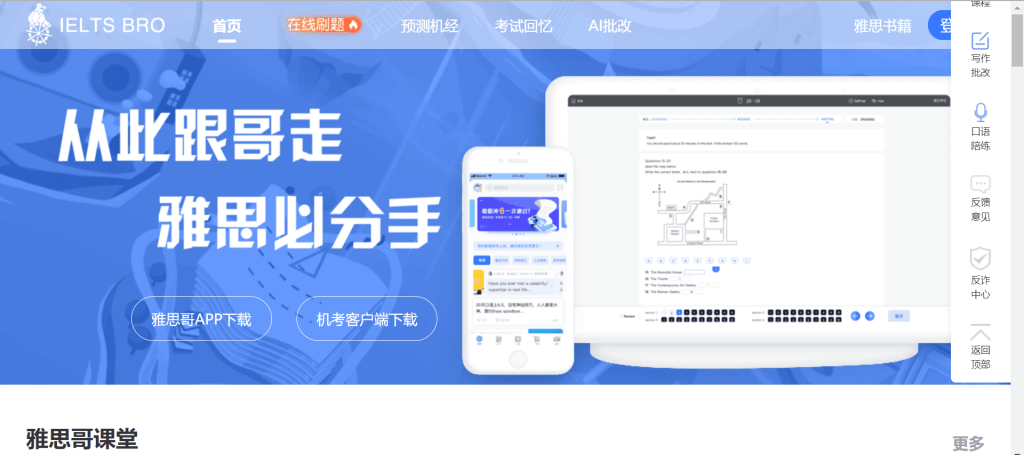
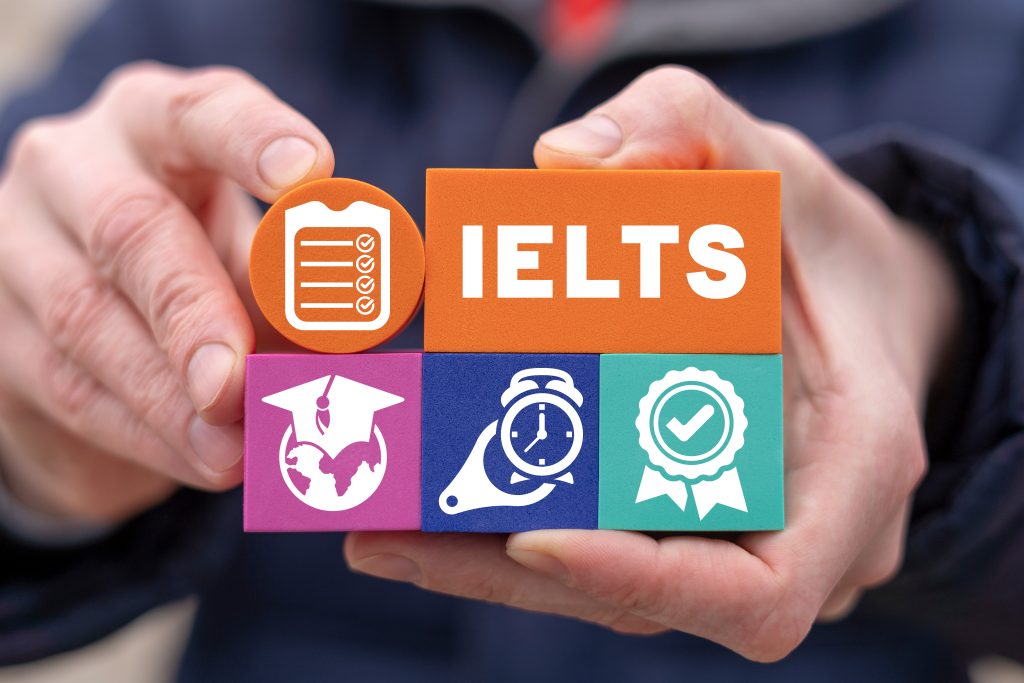
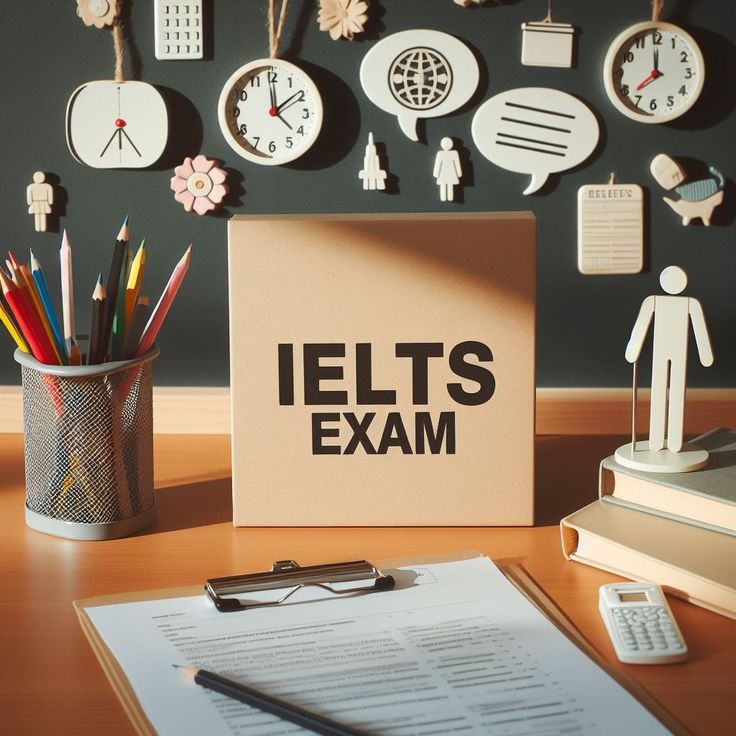
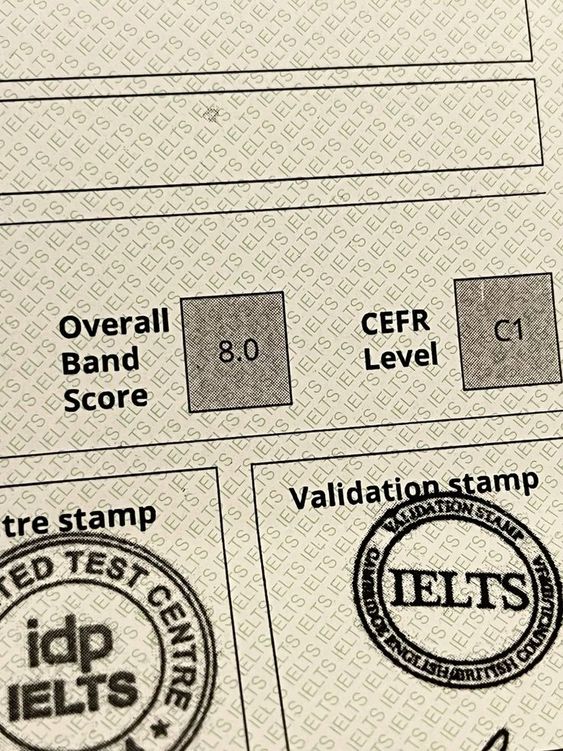

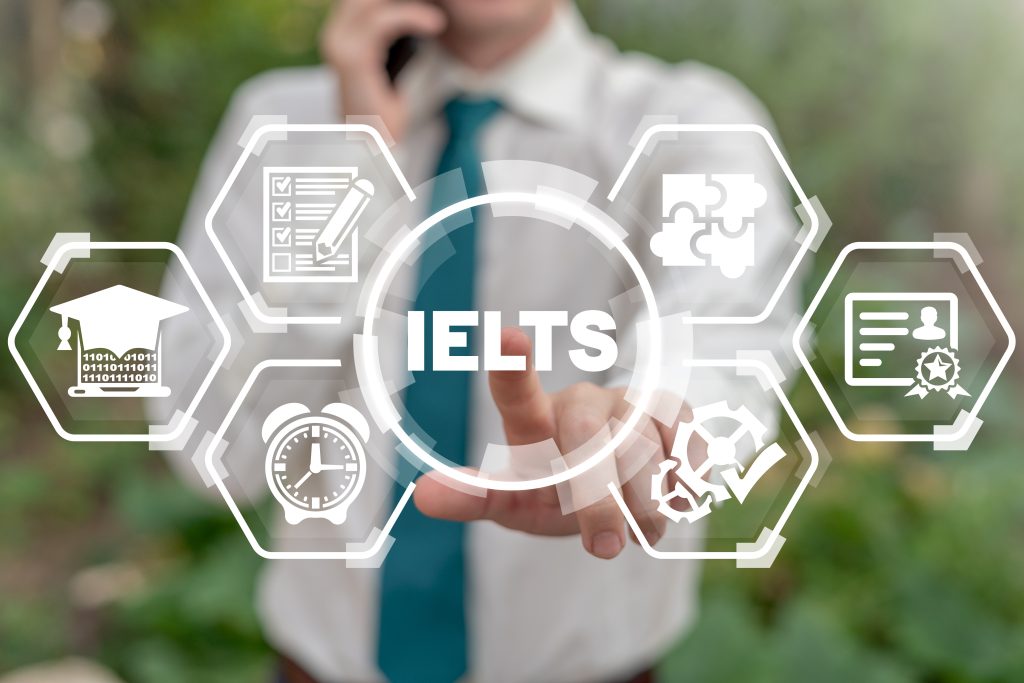
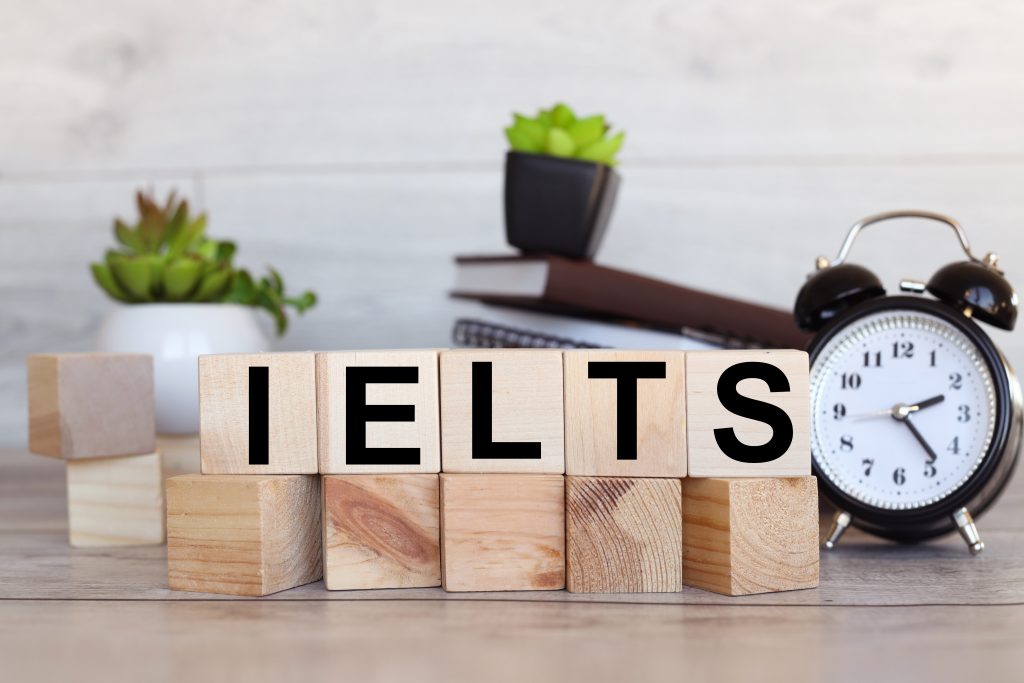

…
…
…